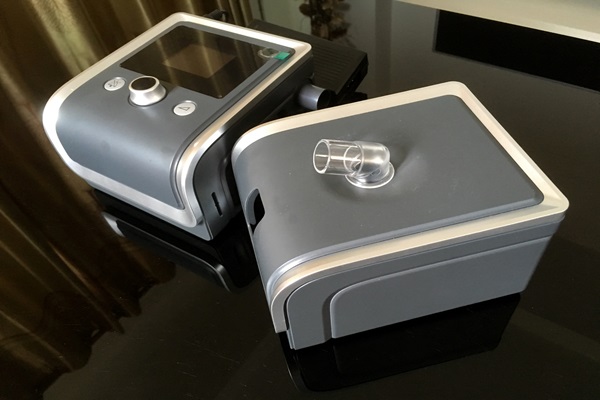Why Patients Should Consider CPAP Alternatives

CPAP alternatives are the industry's best-kept secret. Do you suffer from sleep apnea? If so, then you are not alone. Sleep apnea can cause several health problems, and it is important to get the right treatment for your condition. Alternatives are an option that many patients don't know about. This blog post will discuss what they are and how they work, providing information on why dental patients should consider them when choosing their next step in treating sleep apnea-related conditions.
What are alternatives?
CPAP stands for continuous positive airway pressure. It is the most well-known treatment option for sleep apnea sufferers, but it may not be the best choice. This type of machine uses air to help keep your airway open at night, so you don't have to struggle to breathe. You wear it over your nose, and it is attached to a mask that fits around your mouth.
Alternatives are not machines but adjustable oral appliances. They work in the same way as CPAP; adjustable pressure keeps your airway open while you sleep so you can enjoy deep sleep without struggling for breath. They are worn over your teeth, much like a mouthguard used by athletes.
There are many pros and cons to both CPAPs and Alternatives, but dental patients should know that each can be effective in treating sleep apnea-related conditions. Let's take a closer look at these alternatives so you can make an informed decision about what is best for your sleep and health.
Why should I consider CPAP alternatives?
Alternatives are not as cumbersome as regular CPAPs, so they may be a better option if you can't handle wearing a machine over your nose all night long. They are also adjustable, unlike traditional machines that offer only one level of air pressure. Many people find the adjustable nature of these appliances to be a better treatment option because they can fine-tune them to achieve comfort and effectiveness with fewer side effects.
Patients with dental work may also benefit from using Alternatives. If you have a crown or other type of dental restoration, this type of machine may be preferable.
Alternatives are also far less expensive than the traditional CPAP machines, which is another reason why patients should give them serious consideration when deciding on treatment. Many insurance carriers will not cover the cost of a sleep apnea machine, but they might help pay for an oral appliance since full coverage can lower your long-term medical expenses.
What should I expect if I choose CPAP alternatives?
The first step is to see your dental sleep apnea specialist and get a proper diagnosis of your sleep apnea condition. Your dental sleep apnea specialist can then help you decide between alternatives and traditional CPAP machines. Dental patients often prefer the sleep appliance route because of its lower cost and adjustable design, which is tailored for comfort and effectiveness.
If you ultimately decide on an alternative, your dental sleep apnea specialist will fit you for the appliance. You can choose from a complete or partial device depending on your preference, but both are equally effective in treating sleep apnea-related conditions.
Request an appointment here: https://www.dentalsleepsolutionsgroup.com or call Dental Sleep Solutions Group at (530) 727-6080 for an appointment in our Red Bluff office.
Related Posts
TMJ disorder is common in the United States and affects more than three million people annually. One of the more frequent and severe symptoms of TMJ disorder is migraines. Often, treating TMJ disorder is essential for stopping chronic migraines.TMJ disorder can put a lot of stress on a person and lead to the onset of…
People who are battling a chronic sleep disorder often have difficulty getting enough sleep at night. Doctors generally advise most adults to aim for anywhere between seven to nine hours of sleep daily. The Centers for Disease Control and Prevention states that approximately 70 million people in the U.S. are struggling with some form of…
A sleep dentist can help treat a range of sleep-related disorders, and they typically start with a sleep study, which reveals the underlying cause of the sleep-related symptoms. In this review, we dive deep into what information a sleep study provides and how a sleep dentist can use that information to help patients enjoy a…
It is currently estimated that about one in 15 Americans has sleep apnea. The sleep disorder causes breathing to cease intermittently during the night. Most patients living with sleep apnea are undiagnosed. Due to the condition's potential health risks, it is important to seek help from a sleep dentist. One option that they might recommend…
